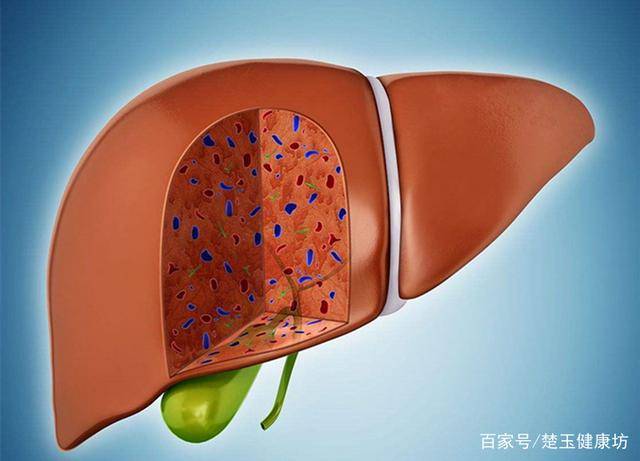The liver is an important metabolic organ in the body. Once the liver is damaged, we are more susceptible to liver disease, which can affect the patient’s health. In the process of caring for the liver, the most important thing is to avoid substances that can harm the liver, among which alcohol is the most damaging, as liver cells are affected by alcohol, leading to a decrease in resistance, making it even easier to harm the liver. Some moldy foods and items containing preservatives can also damage the liver. So, what are the symptoms of poor liver health?
1. Emotionally prone to depression
The liver is the organ that regulates emotions in the body. Once toxins in the liver cannot be expelled in time, obstructing the flow of qi, significant negative emotions will arise.
2. Poor digestion and absorption
When liver function is abnormal, it can lead to poor digestion and absorption. Symptoms include nausea, vomiting, aversion to greasy foods, fatigue, and drowsiness, with fatigue manifesting as easy tiredness that does not recover after rest.
3. Migraines and acne on both sides of the face
The sides of the face and the lower abdomen are territories of the liver and gallbladder meridians. Once liver detoxification is not smooth, one’s own backyard will catch fire first.
4. Insufficient liver blood
For women, insufficient blood energy is directly reflected on the face. Additionally, during special physiological periods for women, if liver function is poor, it will directly affect blood supply. The liver also decomposes nutrients and regulates hormones, being the largest support system for the body’s detoxification activities.
5. Abnormal skin on the face
If a woman’s liver is not healthy, acne will appear on the forehead, and pores will become enlarged. The skin may turn pale or dark, with a dull complexion. The eyes may also show symptoms such as dryness and blurriness, which are manifestations of nutritional deficiency in the eyes.
What foods are good for liver nourishment and protection?
Lotus
Lotus is neutral in nature and sweet in taste, containing proteins, fats, and colchicine. It has the effects of benefiting qi and nourishing the lung to relieve cough, and can soften hard masses and calm the mind. Colchicine has anti-liver fibrosis and anti-cirrhosis effects, and regular consumption of lotus can prevent and treat liver cirrhosis.
Garlic
Garlic belongs to the lily family, is pungent, warm, and spicy in taste, and is suitable for people with liver disease. It contains vitamins A, B1, and C, among others. Its extracts have antibacterial, antiviral, and blood vessel softening effects.
Seaweed
Seaweed is cold in nature and salty in taste, containing a large amount of iodine, alginic acid, vitamins, proteins, and fats, with the efficacy of resolving phlegm and dissipating masses. Studies suggest its extracts can effectively inhibit platelet aggregation, lipid oxidation, and have anti-ulcer properties.
Shepherd’s Purse
Shepherd’s purse belongs to the cruciferous family, is neutral in nature, and sweet in taste, containing vitamins B, C, carotene, niacin, and inorganic salts. Experiments show it can shorten coagulation time and has hemorrhage-stopping effects, suitable for people with chronic liver disease and symptoms such as nosebleeds and gum bleeding.
Eating foods that nourish the liver can also provide some protection to the liver; however, lifestyle changes are essential. It is important to develop a daily habit of drinking water, avoid excessive fatty foods, and increase high-protein intake, as this could harm kidney function. It is also advisable to supplement with proteins and sugars appropriately, and not to treat fats as enemies, as fat is an essential component for the liver, but excessive intake should be avoided. Has everyone remembered these small facts about the liver? If anyone has good health tips, feel free to leave comments and share below!


